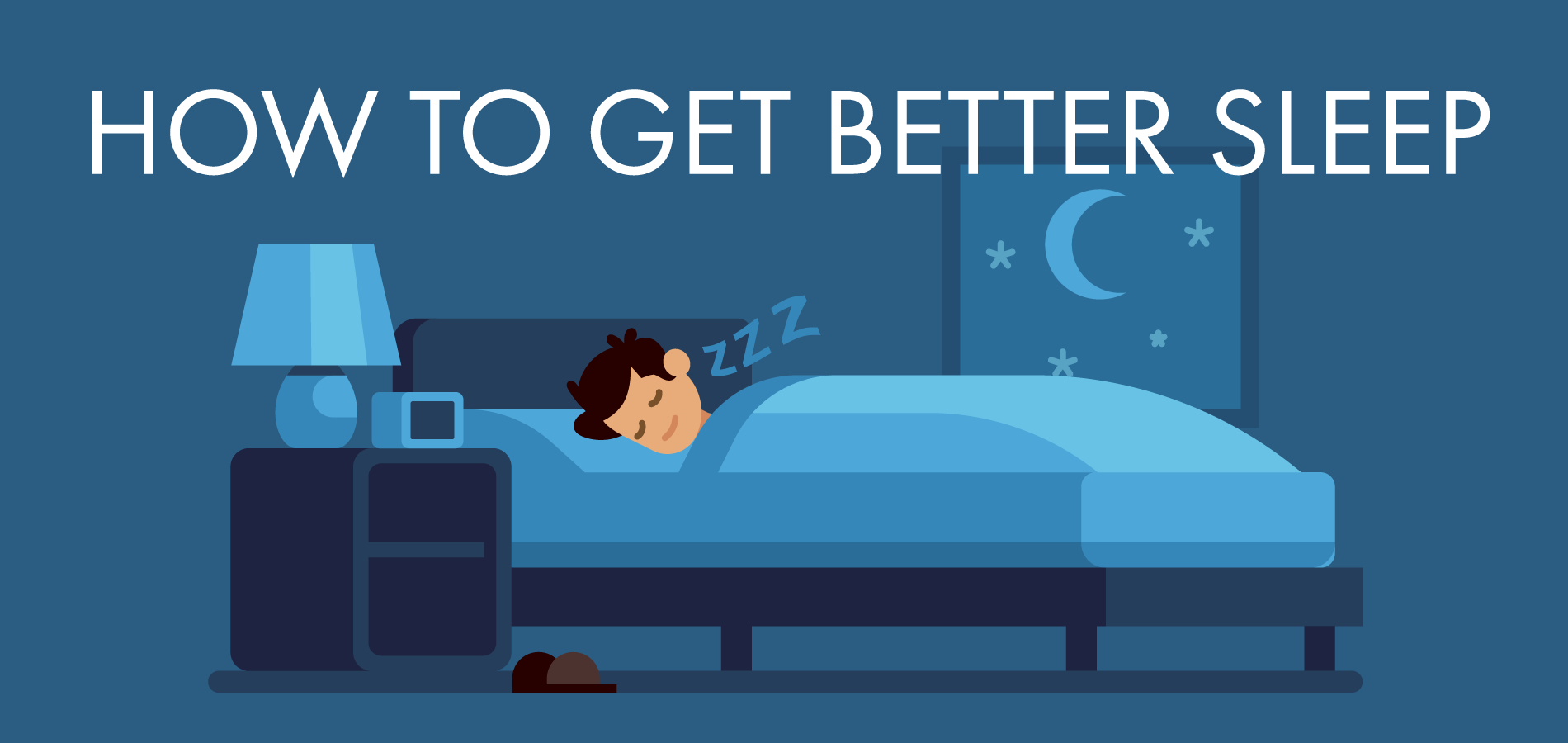Enhancing Weight Loss Through Quality Sleep
In our fast-paced society, sleep often takes a backseat to other priorities. However, emerging research underscores the critical role that adequate, quality sleep plays in weight management and overall metabolic health. Understanding the intricate relationship between sleep and weight loss can empower individuals to make informed decisions that support their health goals.

The Sleep-Weight Connection
Sleep deprivation disrupts the delicate balance of hormones that regulate appetite and metabolism. Specifically, insufficient sleep leads to an increase in ghrelin—the hormone that signals hunger—and a decrease in leptin, which conveys feelings of satiety. This hormonal imbalance can result in heightened cravings and overeating, making weight loss efforts more challenging.
Moreover, lack of sleep affects glucose metabolism and insulin sensitivity. When the body doesn't get enough rest, it struggles to process glucose efficiently, leading to higher blood sugar levels and an increased risk of insulin resistance—a precursor to type 2 diabetes. This metabolic disturbance not only hampers weight loss but also poses significant health risks.
Impact on Lifestyle Choices
Beyond physiological effects, sleep deprivation influences behavioral patterns that are detrimental to weight management. Fatigue from inadequate rest often results in reduced physical activity, as individuals lack the energy to engage in exercise. Additionally, sleep-deprived individuals are more prone to making poor dietary choices, opting for high-calorie, sugary foods to compensate for low energy levels. These behaviors create a vicious cycle that undermines weight loss efforts.

Strategies for Improved Sleep and Weight Management
To harness the benefits of sleep for weight loss, consider implementing the following strategies:
-
Establish a Consistent Sleep Schedule: Aim for 7-9 hours of quality sleep each night by going to bed and waking up at the same time daily, even on weekends.
-
Create a Restful Environment: Ensure your bedroom is conducive to sleep by minimizing noise, light, and electronic distractions.
-
Mind Your Diet: Avoid heavy meals, caffeine, and alcohol close to bedtime, as they can disrupt sleep patterns.
-
Incorporate Regular Physical Activity: Engage in regular exercise, but try to complete workouts at least a few hours before bedtime to allow your body to wind down.
-
Manage Stress: Practice relaxation techniques such as meditation or deep breathing exercises to reduce stress and promote better sleep.

By prioritizing sleep and adopting these healthy habits, you can enhance your body's ability to manage weight effectively and improve overall well-being.
At Brooktree Consulting, we understand the multifaceted nature of health and wellness. Our holistic approach addresses lifestyle factors, including sleep, nutrition, and physical activity, to help you achieve your weight loss and health goals. Schedule a discovery call with us today to embark on a personalized journey toward better health.






Responses